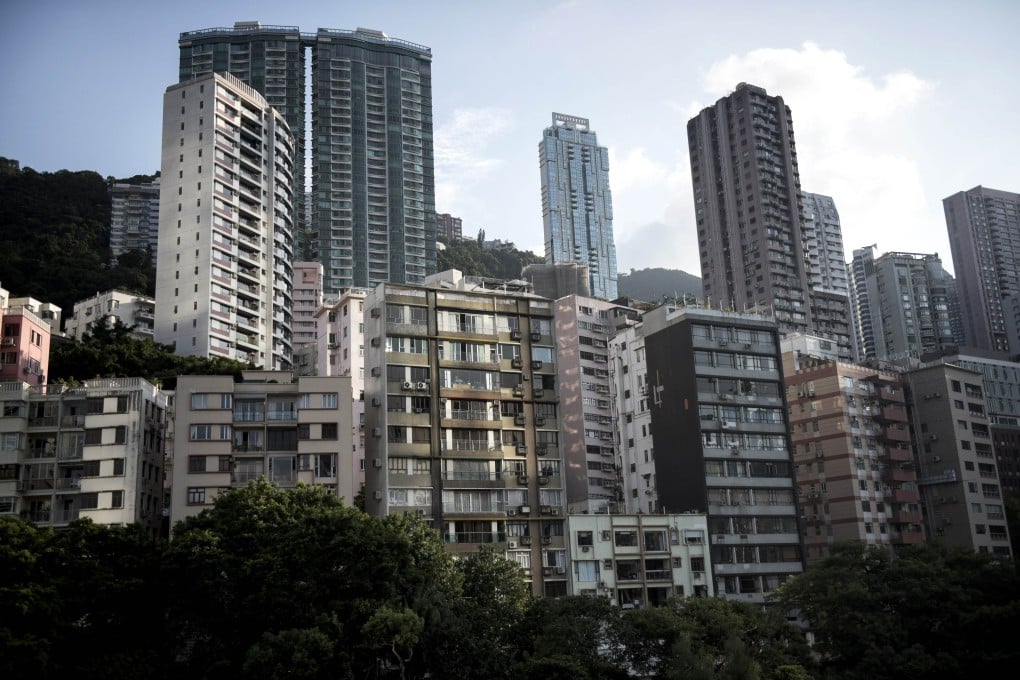Rezoning hurdles slow residential land release
Community objections over changes to land use frustrate government's housing goals, with 19 of 34 residential sites in sale programme held up

The government faces an uphill task in increasing land supply, with more than half of the residential sites in the land sale programme yet to complete the rezoning process.
Given the shortage of residential sites, the government has to rezone some "government, institute and community" and "greenbelt" sites to residential if it wants to increase land supply. But it has run up against strong objection from District Council members and local residents in trying to do so.
Nineteen of the 34 residential sites in the land sale programme cannot be released for sale because they need to be first rezoned for residential use. That explains why only six residential sites will go up for tender in the next quarter. These sites could yield a total of 1,250 flats, the lowest since land for 1,500 flats was released for tender in the second quarter of 2012.
"Rezoning is the faster way for the government to get residential sites. But many rezoning proposals are objected to by residents or those involved in judicial reviews, mainly because of personal interests," Polytechnic University real estate professor Eddie Hui Chi-man said.
"Many people worry new developments will affect the value and views of their own flats. Since Hong Kong is a high-density development, it is often difficult to get the support of existing local residents."
The government added seven Tai Po sites in the land sale programme for the current fiscal year. But none of them has been rezoned. The rezoning proposal for four Pak Shek Kok sites for residential use received more than 450 comments from local residents and lawmakers in June, most of them objecting to the plan as they are against seeing more people in their area.
Some of the locals said the government should reserve the site for the expansion of Science Park. The Town Planning Board has deferred the decision and is awaiting further information regarding the development of Science Park.